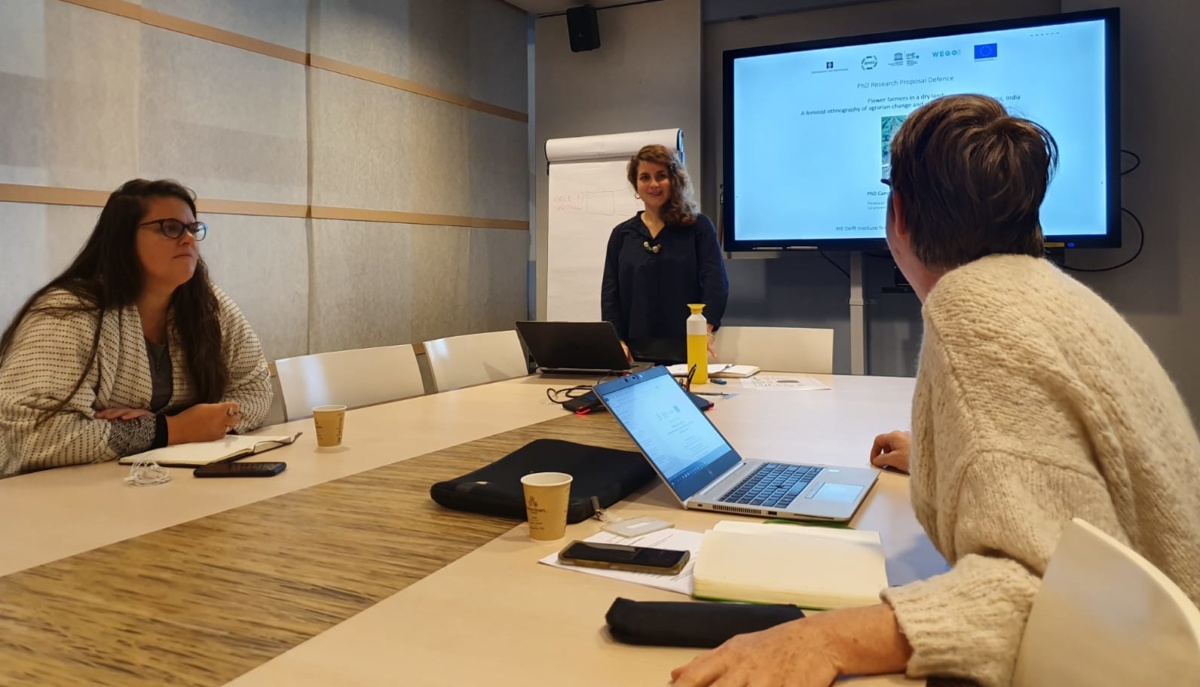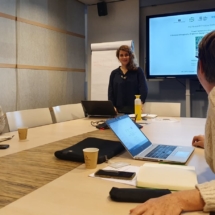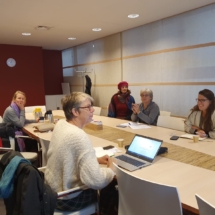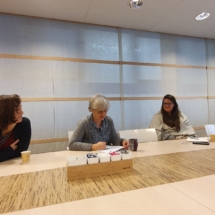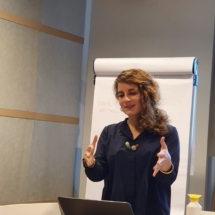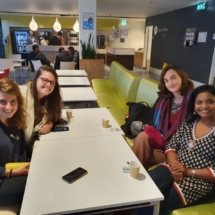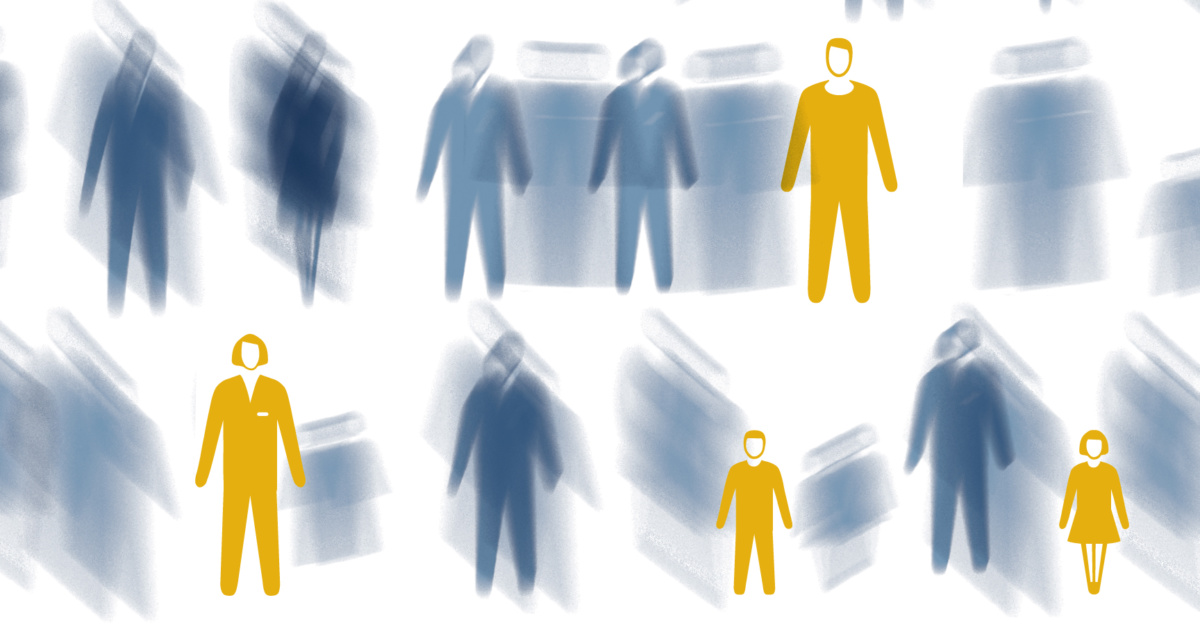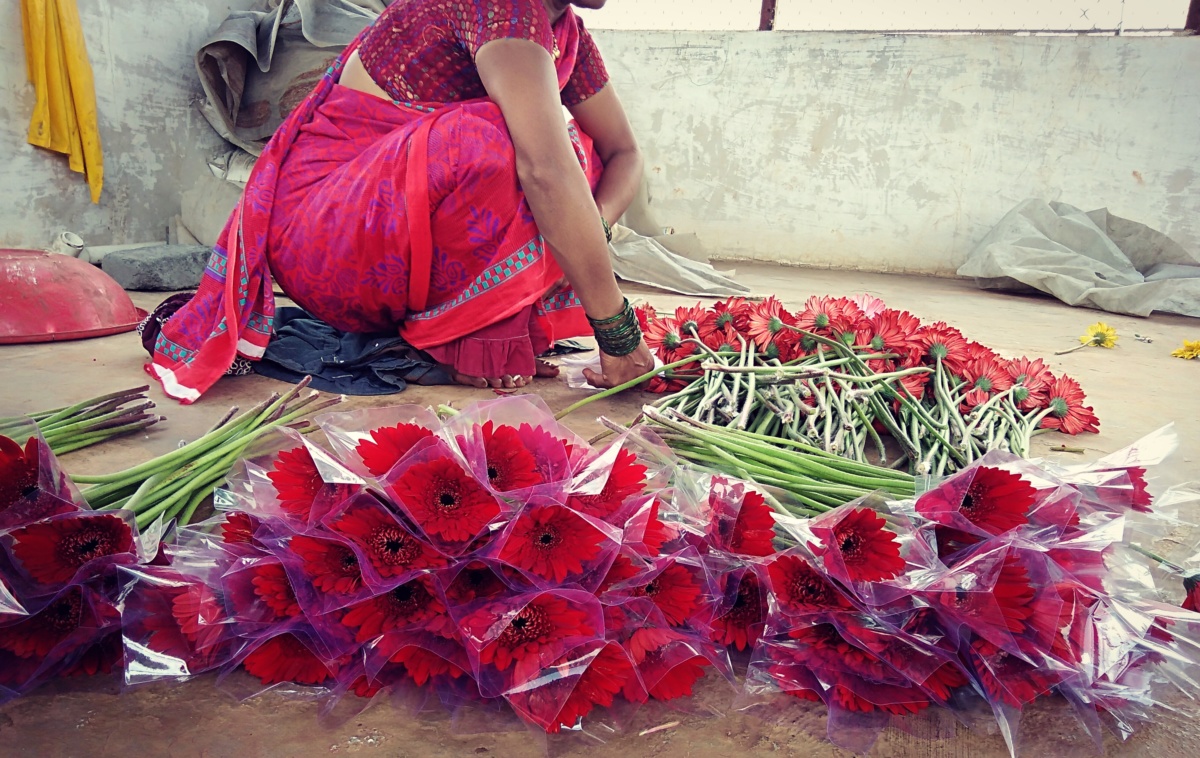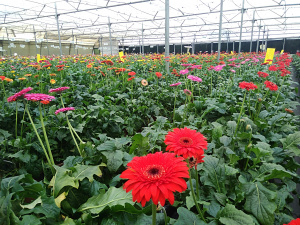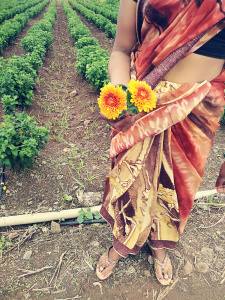Irene Leonardelli recently defended her research proposal at lHE Delft
Her research entitled ‘Flower Farmers in a Dry Land: A feminist ethnography of agrarian change and water flows in Maharashtra, India’ focuses on how farmers in the rural areas of Maharashtra, in India, are responding to, experiencing or even escaping processes of agrarian restructuring and water re-allocation provoked by the intensification of agriculture. More specifically, she is studying how the shift from subsistence to commercial farming is modifying tenure and labour relations, consumption and migration patterns as well as people’s experiences of and relations to their environment. Moreover, she is interested in analysing, from a feminist critical perspective, how far-away people, places and natures become connected through (physical and virtual) flows of water implied in the commodity chain of high-value crops. In her research, tracing these connections means assessing their implications for modalities and scales of water governance, but also reflecting on potential transnational feminist collaborations that can contribute to more equitable and sustainable socionatural futures.
All photos: Sharmini Bisessar


